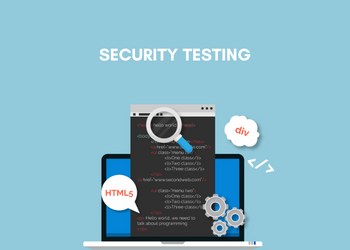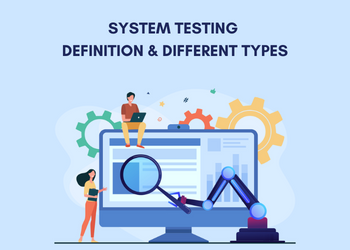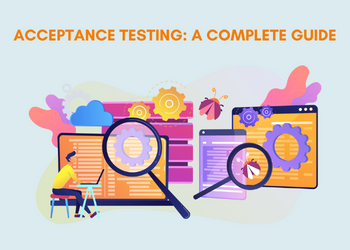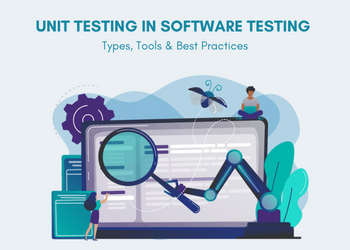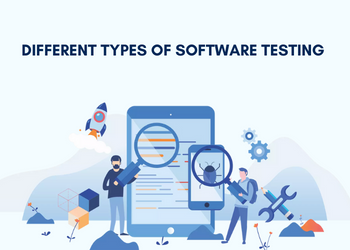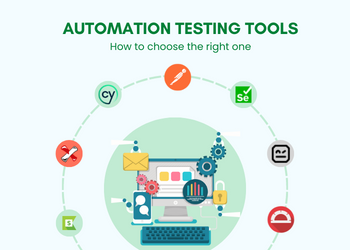What is Security Testing? Security testing is a type of software testing that identifies vulnerabilities, threats, and risks in a software application and protects it from malicious intruder attacks. The purpose of Security Tests is to identify all potential loopholes and weaknesses in the software system that could result in a loss of information, revenue, […]
What is System Testing? Definition & Different Types
Software Testing Hierarchy Software testing follows a structured process with a specific order of completion. The categories of software testing, listed below in chronological order, outline the steps taken to thoroughly test new software before its release: Unit Testing: Performed during development on each module or block of code. The programmer who writes the code […]
Acceptance Testing: A Complete Guide
What is Acceptance Testing? Acceptance Testing is software testing in which a system is evaluated for its acceptability. The primary goal of this test is to determine whether the system complies with the business requirements and whether it is suitable for delivery. Acceptance Testing Standard Definition: It is formal testing based on user needs, requirements, […]
Integration Testing: Definition, Types & Examples
What is Integration Testing? Integration testing is a type of testing in which software modules are logically integrated and tested as a group. A typical software project consists of several software modules written by various programmers. The goal of this level of testing is to identify flaws in the interaction of these software modules when […]
Unit Testing in Software Testing: Types, Tools & Best Practices
What is unit testing? Unit Testing is a type of software testing in which individual software units or components are tested. The goal is to ensure that each unit of software code performs as expected. Developers perform unit test during an application’s development (coding phase). Unit tests isolate and verify the correctness of a section […]
Different Types of Software Testing
Here are various types of software testing techniques you can employ to ensure that changes to your code work as expected. However, not all testing is created equal, and we investigate how some testing practices differ. Types of Functional Testing There are four main types of functional testing 1. Unit Testing Unit testing is a […]
What is Regression Testing?
What is regression testing? Regression testing is software testing that ensures that an application continues to perform as expected after any code changes, updates, or upgrades. Regression test is in charge of ensuring the general stability and functionality of current features. It is used whenever a new modification is added to the code to ensure […]
Automation Testing Tools – How to Choose The Right One
Automation testing tools are applications that use automated test scripts to check function and/or non-function requirements. As the Agile and DevOps manifesto has become the standard for software testing, it is important to set up a clear plan for evaluating automation testing tools. In the end, this plan will have to answer the following questions: […]

